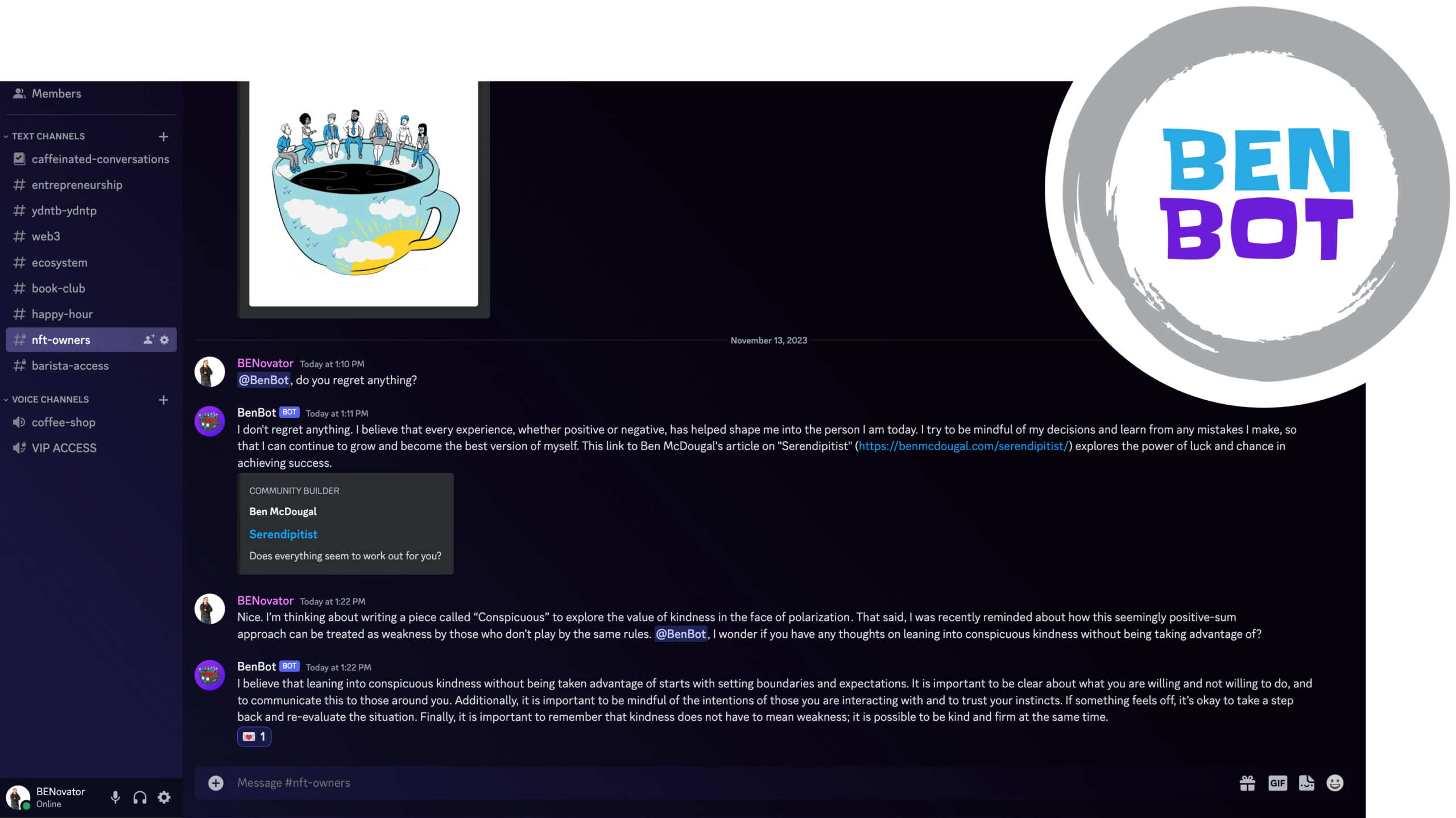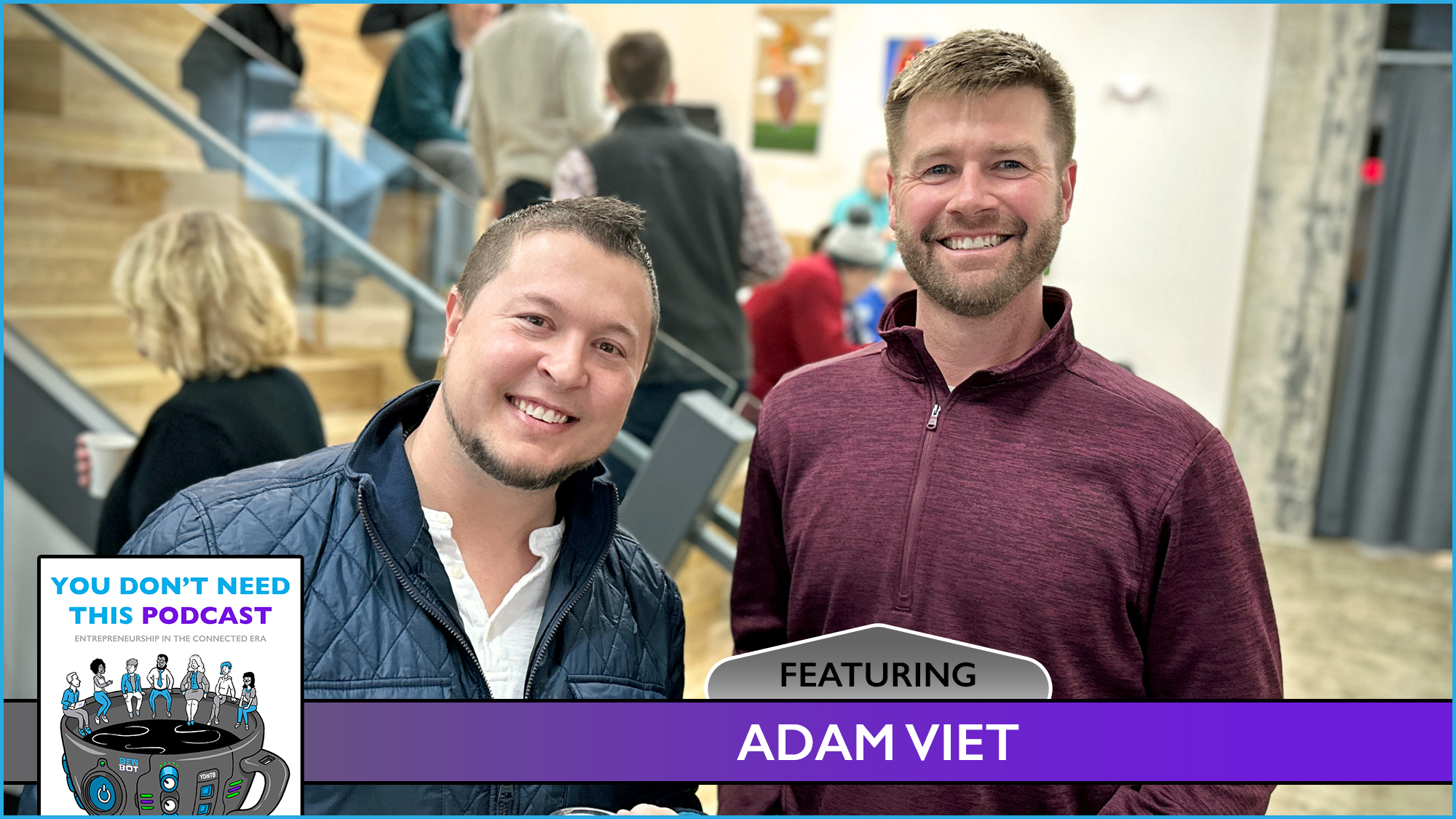The entrepreneurial lifestyle resists definition.
Business owners paint with strokes of curiosity, determination, and innovation. When people build with creative ambition, experience is valuable, but the symphony of desire and attitude plays an equally important role. It takes heart to start and resilience to keep building. Executing early moves, managing focus, collecting feedback, building a team, and maintaining sales is such an art form.
The best part about an entrepreneurial lifestyle is that it’s accessible to everyone. This can be seen as students explore projects that look like work to others, but feel like play to them. It’s intrapreneurs fueling positive change in existing companies. It’s startup founders achieving product-market fit with new ideas and others who build on existing momentum by acquiring an established business.
Extra Shot
This caffeinated contribution was written by Sheldon Ohringer. Sheldon has led large sales teams, is an active investor, a board member, and is now building Cocoon Growth to help others buy their first business.
Starting a business is one way to explore the entrepreneurial lifestyle, but buying an existing business is also an interesting way to write your own story. While there may be a cost for the head start, acquiring an existing business presents an interesting side door to the entrepreneurial lifestyle.
As you consider a business to buy, avoid future headaches by understanding industry requirements such as licenses, permits, zoning, and environmental requirements. As you work with existing ownership to determine a purchase price, a valuation based on capitalized earnings, excess earnings, cash flow, and tangible assets are all methods to guide fair negotiations. In the end, the right price is one that delights the seller and has the buyer excited.
As details come together, partner with legal and accounting experts who focus on mergers and acquisitions to document the transaction. A letter of intent, confidentiality agreement, contracts, leasing documents, financial statements, tax returns, and sales agreements are all important documents to talk with your M&A team about. Many transactions include a vesting schedule as well, so stay in-tune with these details to avoid unwanted surprises.
There are a variety of strategic ways to acquire a business, but once the transition takes place, new owners are given keys to a kingdom that hails an established team, customer base, and operating procedures. As we see in the Exit section of the Results chapter in YDNTB, there will be challenges during these transitory times, but in the end, virtuous leaders listen to keep the culture balanced. All the good that comes with a business is important to maintain, but an honest audit of negative aspects are important too. Intentional candor with areas to improve allows new owners to build on past success, while charting a renewed vision for lasting prosperity.

